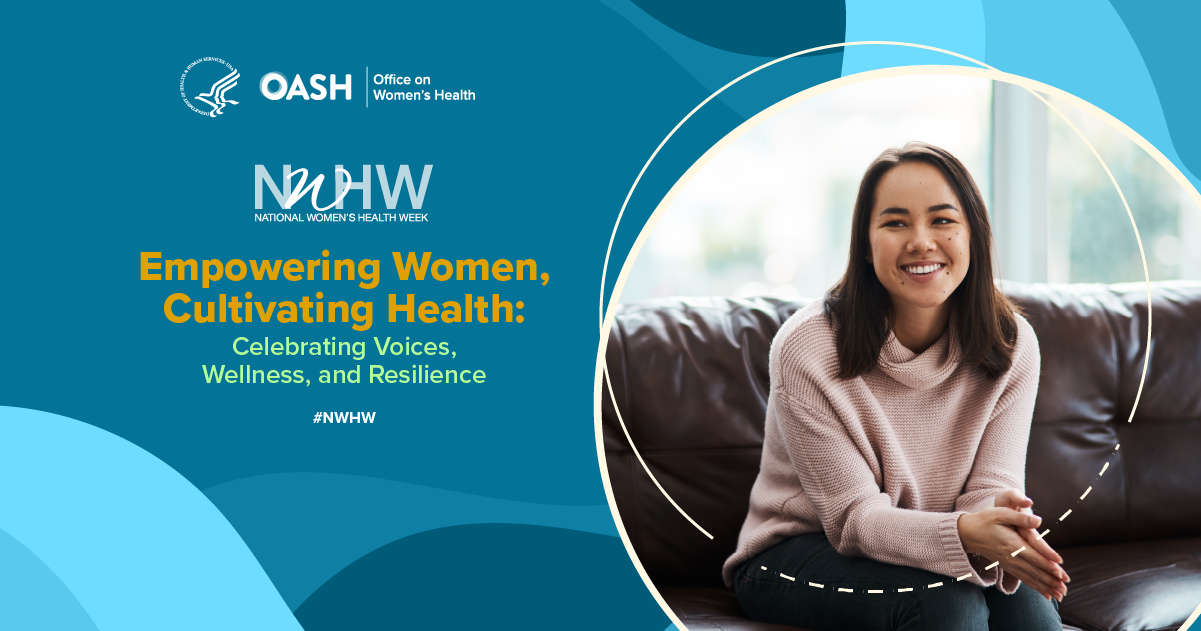Day 2 - May 13: Safe Sexual Health

Sexual health not only includes physical well-being, but also emotional, mental, and social well-being related to our bodies and our sexuality. It’s not just about avoiding sexually transmitted diseases or preventing pregnancy when you’re not ready. Sexual health also includes making sure that your relationships and sexual experiences feel safe, respectful, pleasurable, and positive.
Sexually Transmitted Infections (STIs)
Sexually transmitted infections (STIs), formerly called sexually transmitted diseases (STDs), are infections you can get from sexual activity and can be spread through contact with skin, genitals, mouth, rectum, or body fluids. Rates of many STIs have drastically increased in recent years, especially syphilis. Protecting yourself and your partner(s) during sexual activity is important to reducing the spread of STIs.
How to Prevent STIs
Here are some common ways to lower your risk of getting or spreading STIs:
- Use Protection: Male condoms and female dental dams are proven to be effective at stopping STIs from spreading.
- Get Tested: If you are sexually active, getting tested for STIs is important to maintain your health and stop the spread of infections. Talk to your healthcare provider and learn more about screening options and recommendations.
- Get Vaccinated: Vaccines are safe and effective and protect you from certain STIs, including Hepatitis B and HPV. Ask your health care provider about vaccine options that might work for you.
- Talk It Out: Be open with your partner(s) about practicing safe sex. Discuss options to find what works and is most comfortable for you. If you are uncomfortable with no protection or a certain form of protection, you have the right to say no to sexual activity.
The Rise in Syphilis Rates
Syphilis infections are on the rise but can prevented. As of 2022, syphilis infections have increased by 80% since 2018, and newborns have been diagnosed with congenital syphilis more than ten times the number of diagnoses in 2012. Learn more about ways to protect against and prevent syphilis and congenital syphilis by accessing our fact sheet.
Being Safe Means More Than Just Using Protection
Being safe with your partner(s) isn’t just about avoiding STIs; it also means making sure everyone involved feels comfortable and safe and gives consent. Consent is an ongoing agreement between partners about what they do or do not want to engage in and is the foundation for a safe sexual experience. You always have the right to say no to any activity you don’t want to engage in. Learn more about consent and safety and access resources.

Resources to Learn More
Your sexual health is just as important as all the other areas of your health. For more information about sexual health, STI prevention, and consent, explore the resources below.
For Women, Girls, and Families
- Adolescent Health Care Resources for Teens - American Academy of Pediatrics
- Chlamydia, Gonorrhea, and Syphilis - American College of Obstetricians and Gynecologists
- Congenital Syphilis Fact Sheet – Centers for Disease Control and Prevention
- FAQs: Chlamydia, Gonorrhea, and Syphilis – The American College of Obstetricians and Gynecologists
- Ask ACOG: Should I get tested for syphilis during pregnancy? – The American College of Obstetricians and Gynecologists
- HIV and Birth Control Infographic - HIVinfo.NIH.gov
- HIV/AIDS Resources - Eunice Kennedy Shriver National Institute of Child Health and Human Development
- Human Papillomavirus (HPV) Fact Sheet - U.S. Food & Drug Administration’s Office of Women’s Health
- NICHD Director’s Corner Blog: Preventing Sexually Transmitted Infections - Eunice Kennedy Shriver National Institute of Child Health and Human Development
- Routine Tests During Pregnancy - American College of Obstetricians and Gynecologists
- Sexual Education Resources for Parents - Planned Parenthood
- Sexual Health Toolkit for Parents of Youth with Intellectual and Developmental Disabilities - youth.gov
- Should I get tested for syphilis during pregnancy? – American College of Obstetricians and Gynecologists
- Talking to Your Children About Sexual Health Education - The American College of Obstetricians and Gynecologists
- Women and HIV Fact Sheet - U.S. Food & Drug Administration’s Office of Women’s Health
For Health Care Providers
- STI Treatment (Tx) Guide Mobile App – Centers for Disease Control and Prevention
- A Guide to Discussing Sexual Health with Your Patients - Centers for Disease Control and Prevention
- How Do I Discuss Sexual Health with Patients? – Centers for Disease Control and Prevention
- Questionnaire could identify emotional responses leading to PTSD after childbirth, NIH-funded study suggests - Eunice Kennedy Shriver National Institute of Child Health and Human Development
- ACOG Recommends Obstetrician-Gynecologists Increase Syphilis Screening for Pregnant Individuals
- Screening for Syphilis in Pregnancy – The American College of Obstetricians and Gynecologists


